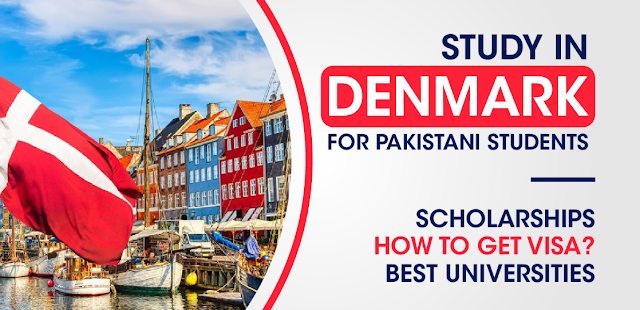Of course! Denmark is emerging as an educational destination that reflects the values of democracy, equality and a high quality education system, attracting foreign students with an exceptional academic offer. If you are considering this option, exploring the requirements and process for studying in Denmark as an international student is crucial.
Requirements for international students
Denmark, with a rich history rooted beyond the Viking Age, has been noted for its welfare state, a model that emerged after the Great Depression of the 1930s. This approach has made the country the most advanced and modern welfare state in the world. With high standards of living, trust in government and low corruption rates, it is one of the most sought-after destinations for international students.
Danish higher education, recognized for its quality and free of charge for EU/EEA citizens, requires certain criteria for Latin American students:
- Qualifications comparable to Danish requirements.
- Proficiency in English (C1 according to the British Council).
- Fulfillment of specific requirements of the selected institution.
- Choice of the program of interest.
- Visa application according to the duration of the program.
- Types of visas
For foreign students from outside the EU/EEA, there are two main types of visas. The Residence Permit applies to those entering higher education programs and is valid for the duration of the program. On the other hand, the Tourist Visa (Schengen) is aimed at visitors with stays of up to 3 months, not required by all nationalities.
Diversity in the academic offer
Denmark offers more than 600 programs in English distributed in different institutions. Higher education is segmented into five types of institutions, from academic/research to technical/professional, each with its own objectives and focus.
Educational Programs
Within these institutions, there are programs such as the Professional Bachelor's Degree of approximately 3 years, the Academy Professional Degree (AP Degree) of 2 years plus 3 months of internship, and the Top Up, a one-year course that allows you to opt for a higher degree after completing an AP and internship.
Learning Danish
For those interested in learning Danish, there are multiple options available, either through intensive courses or university summer programs. Without a language-specific visa, it is critical to consider the length of the course to determine the type of visa needed.
Studying in Denmark becomes an opportunity to immerse yourself in a quality education, in a socially progressive environment and with a wide range of educational options adapted to different academic profiles.






